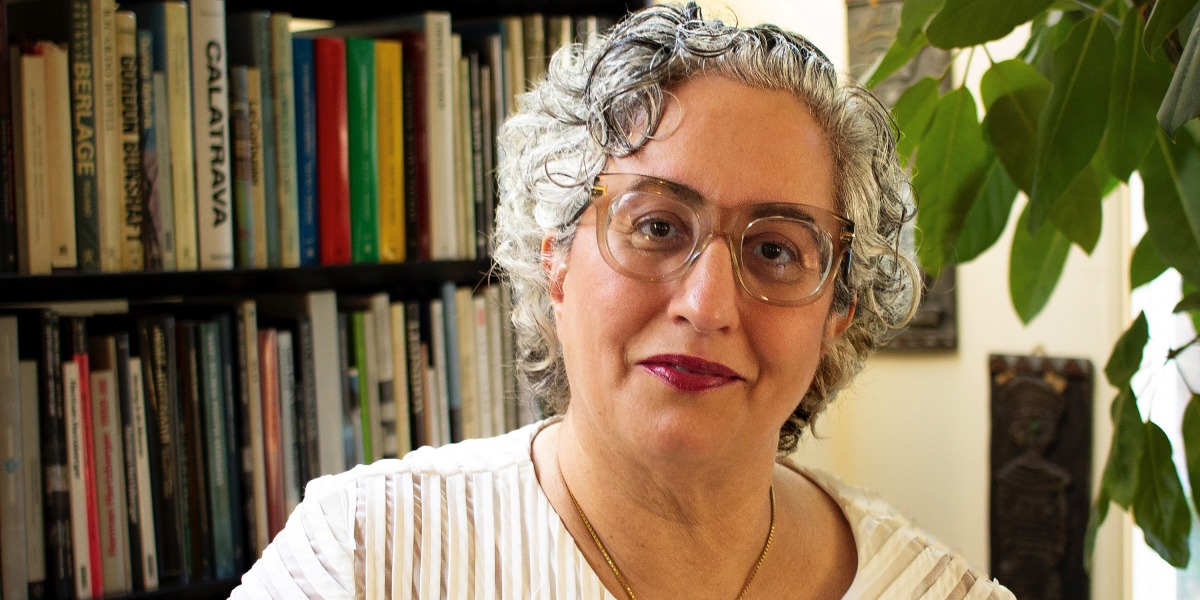
Bahadori’s division at the National Academies focuses on 13 diverse areas, including space, energy, computing, aeronautics, national security, and infrastructure. She helps assemble the world’s top experts to bring science and research to the attention of US policymakers and help shape that research with an eye to policy.
Being a grad student at MIT alongside dozens of international peers from biology and toxicology labs taught her the importance of being able to communicate across disciplines and think about innovations, applications, and implications simultaneously. You don’t design something and consider its impact later, she says. For example, when advising NASA on shaping space research, it’s vital to plan where to distribute resources, how to train the next generation of scientists, and how to add more diversity to the pipeline.
The private, nonprofit National Academies apply that approach to provide independent, objective analysis and advice to the nation. The challenge is to reach consensus on that advice while maintaining scientific integrity and focusing on long-term goals.
“You need to see, with every policy choice, have you gotten closer to where you want to be? And if you didn’t, what else is missing?” Bahadori says. “What’s the angle you didn’t look at that you need to bring in?”
